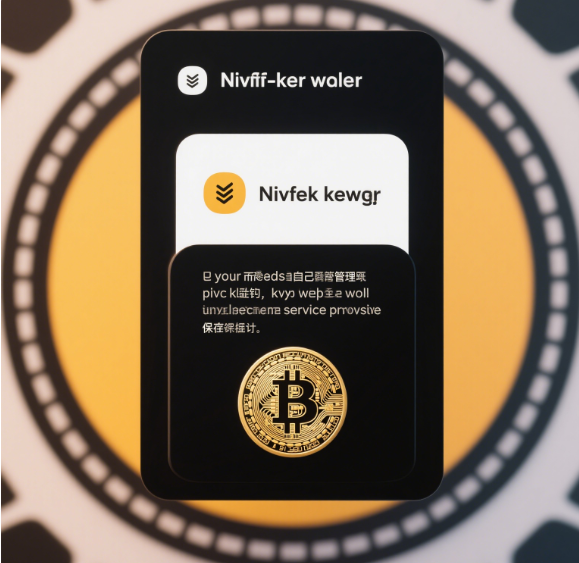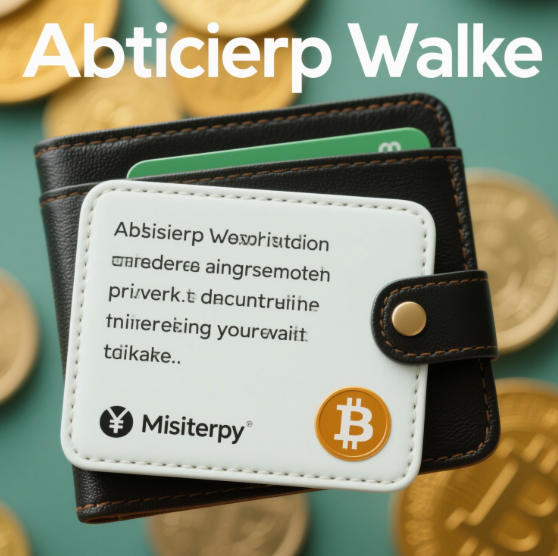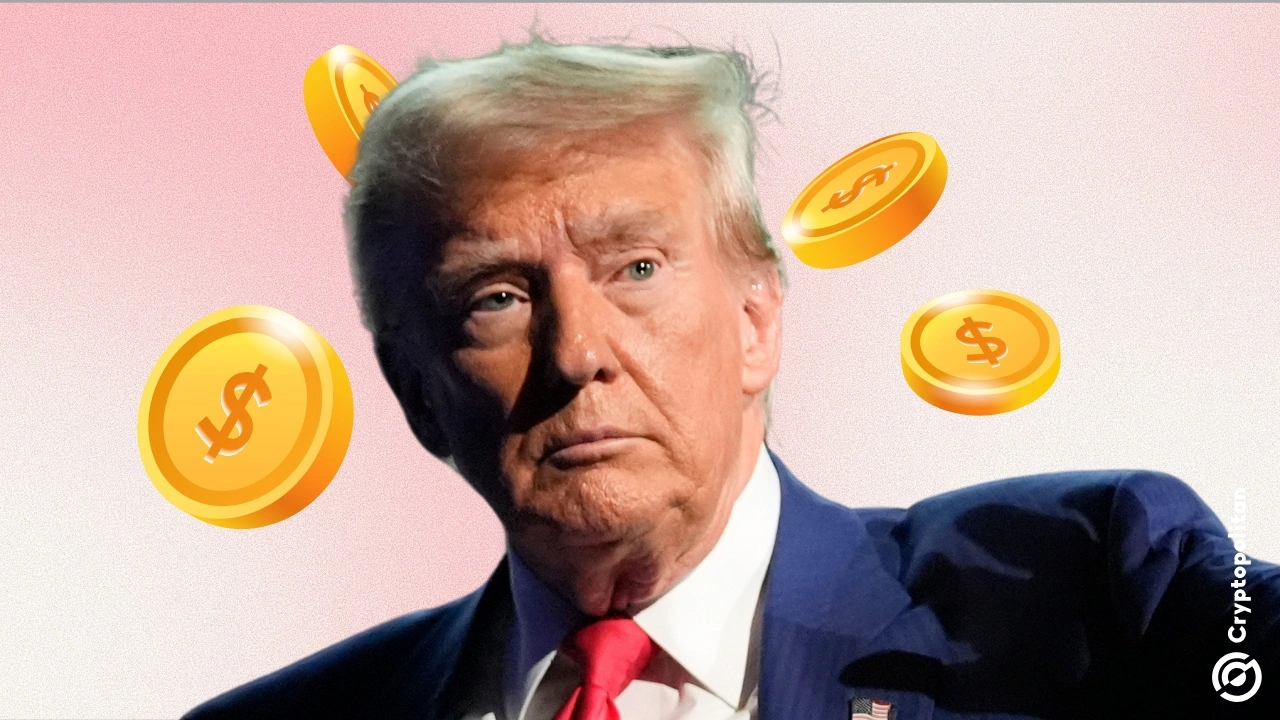"Lost your private key? Say goodbye to your crypto!"
"One typo in mnemonic phrase and your life savings vanish!"
Fellow crypto enthusiasts, have you ever felt your palms sweating when setting up a Bitcoin wallet for the first time? In this digital Wild West where hackers lurk around every corner, choosing between a keyless wallet and a mnemonic wallet isn't just about convenience—it's a life-or-death decision for your digital fortune. Let's dissect these two guardians of your crypto empire and reveal which one deserves your trust.

First of all, let's understand what a keyless wallet is. Simply put, a keyless wallet means you don't need to manage your private key by yourself. The private key is stored by the wallet service provider. It's like depositing your money in a bank, and the bank takes care of it for you. For newbies in the cryptocurrency circle, this might be a worry - free choice. Because you don't have to worry about losing or having your private key stolen, after all, there is a professional team responsible for security. Moreover, conducting transactions with a keyless wallet is relatively simple, as convenient as online shopping. However, this type of wallet also has its drawbacks. Since the private key is in the hands of others, you don't have full control over your assets. If something goes wrong with the wallet service provider, such as bankruptcy or a hacker attack, your assets may be at risk.
Next, let's talk about mnemonic wallets. A mnemonic wallet is a type of wallet where you need to manage your private key by yourself. A mnemonic is actually a phrase composed of English words, which can be used to restore your wallet and private key. When you create a mnemonic wallet, you must keep the mnemonic properly. It's like your wallet password. As long as you keep the mnemonic well, no one can steal your assets. The biggest advantage of a mnemonic wallet is that you have full control over your assets. You can freely transfer and trade Bitcoin without worrying about third - party restrictions. However, this also means you have to take on more responsibility. If the mnemonic is lost or stolen, you may lose control of your assets forever. Also, when using a mnemonic wallet for transactions, the operation is relatively more complicated and requires you to have a certain technical foundation.
In terms of security, a keyless wallet relies on the security measures of the wallet service provider. If the provider's security system is strong enough, the security of your assets is guaranteed. However, once there is a loophole, the consequences can be disastrous. The security of a mnemonic wallet mainly depends on how you keep the mnemonic. As long as you don't disclose the mnemonic, your assets are relatively safe.

In terms of convenience, a keyless wallet clearly has the upper hand. Its operation is simple and doesn't require you to know too much technical knowledge. On the other hand, a mnemonic wallet requires you to manage your private key and mnemonic by yourself, which may be troublesome for people with less technical skills.
In conclusion, both keyless wallets and mnemonic wallets have their own advantages and disadvantages. If you are a newbie in the cryptocurrency circle and don't know much about technology, a keyless wallet may be more suitable for you. If you are an experienced investor pursuing full control over your assets, a mnemonic wallet may be a better choice. When choosing a wallet, you must decide according to your actual situation so as to better protect your assets.
















No comments yet